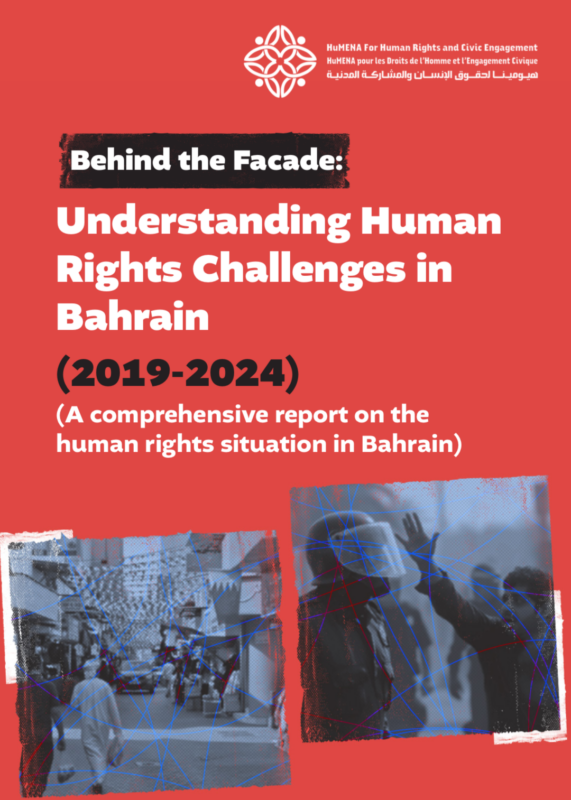Bahrain has witnessed major uprisings nearly every decade since gaining independence from British rule in 1971. Discrimination, lack of democratic representation, and political prosecution have been the most common catalysts. The country›s Shia majority (the Baharna and Ajam ethnicities) comprise an estimated two-thirds of the population and have long-standing grievances regarding discrimination and marginalization, particularly in the context of representation and equal citizenship rights. The ruling Al Khalifa family, in power since 1783, has faced criticism for persecuting the country›s political opposition, civil society activism, and reformists. The Bahraini government and the allied Gulf Cooperation Council’s response to widespread protests in 2011, part of the broader Arab Spring movement, drew condemnation from human rights groups for the brutal tactics implemented. This included extrajudicial killings, torture, the arbitrary arrest of thousands of protesters, unfair trials, and the demolition of Shia mosques. Despite promises of reform and reconciliation following Bahrain›s Independent Commission of Inquiry report in November 2011, the country has turned into a security state where no voice besides the government’s is permitted. Journalists, human rights defenders (HRDs), and political dissidents are either imprisoned or in exile.

